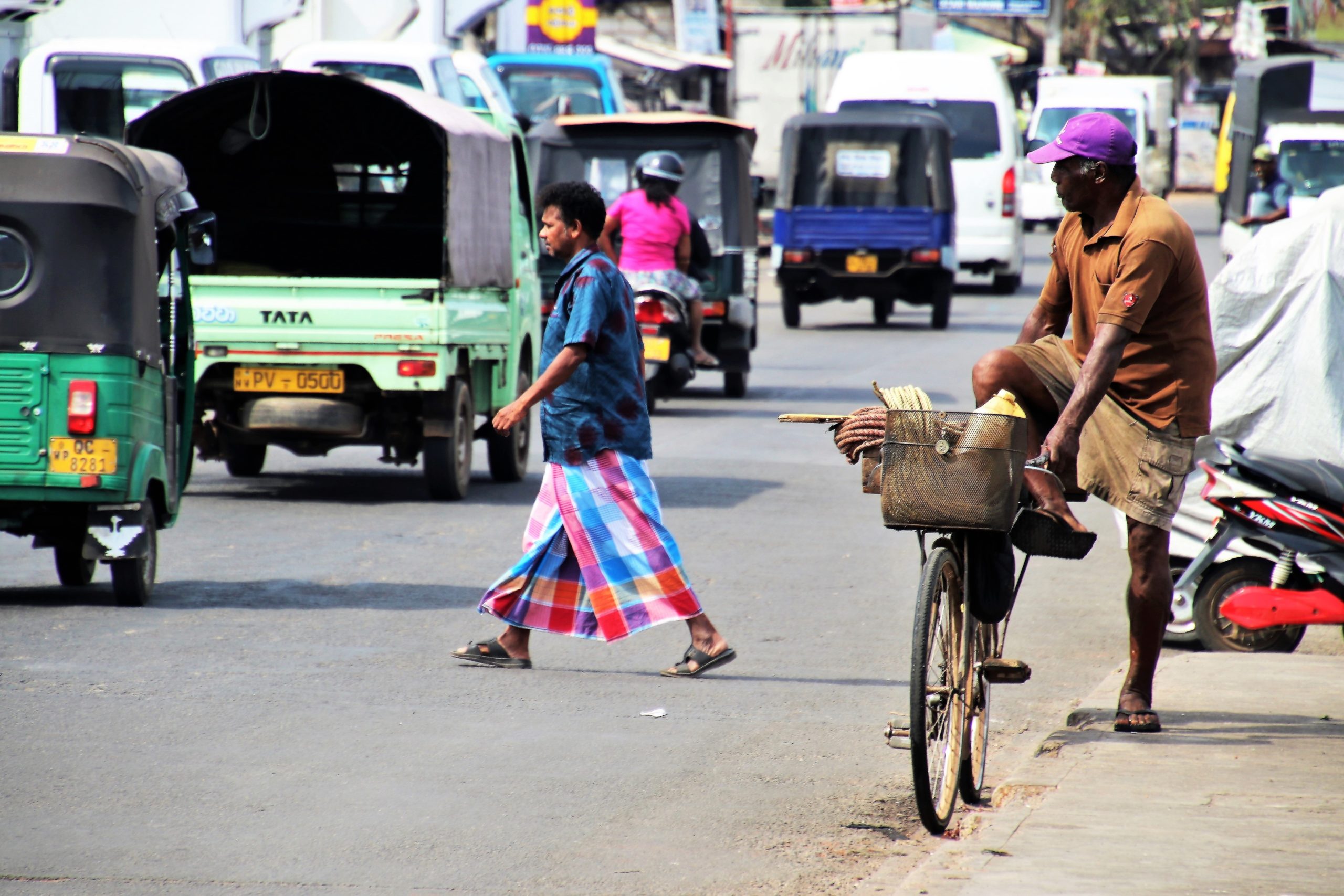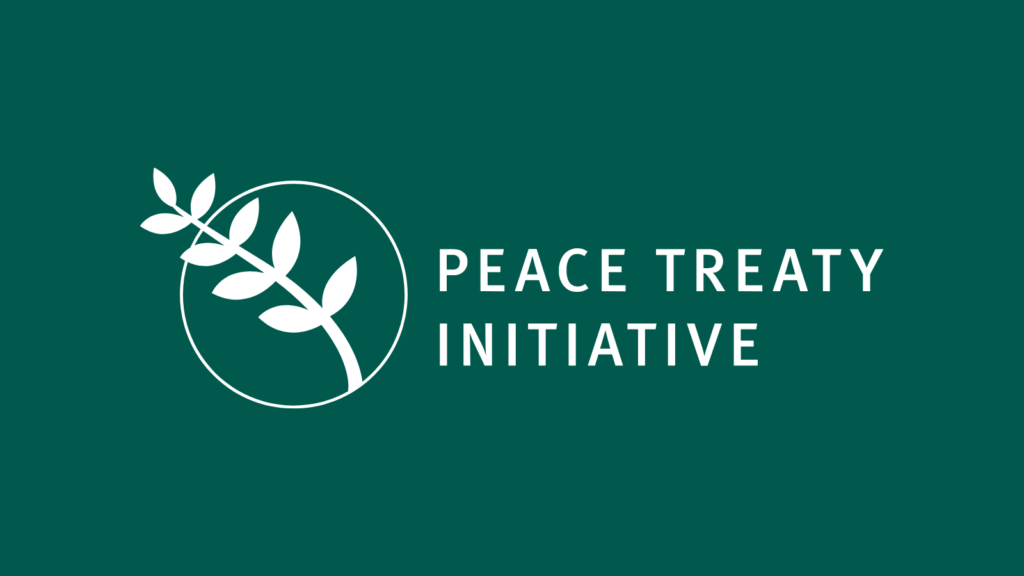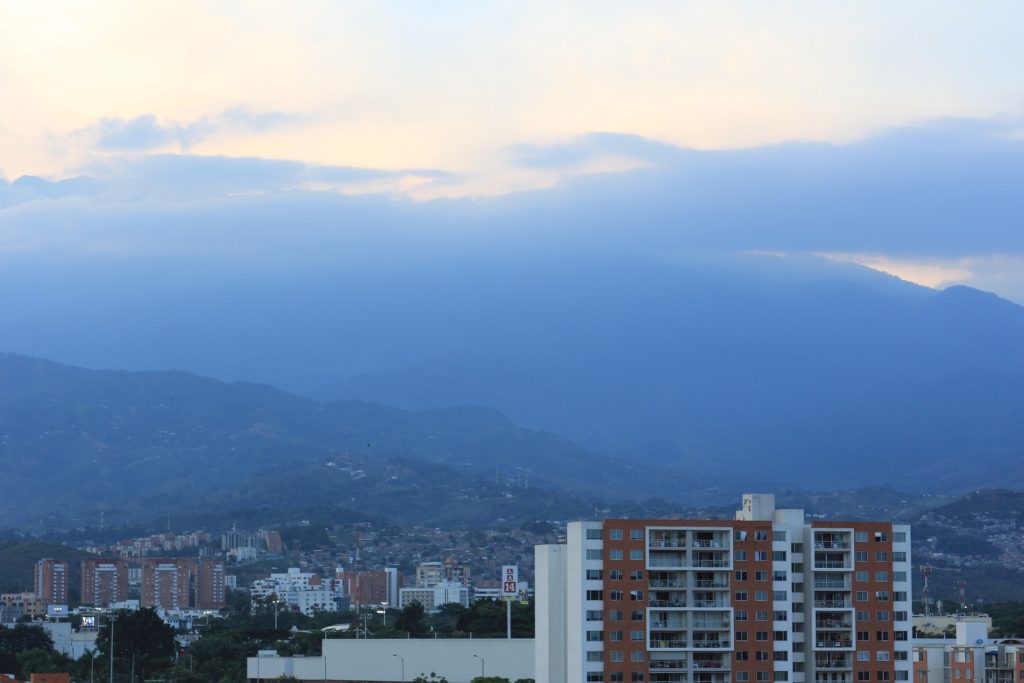Public Commentary / 30 October 2016
Achieving Durable Reform in Sri Lanka

Time and again, countries that have experienced repression and armed conflict have an opportunity to transition to a better future. Yet, only a minority succeeds. The challenges may appear obvious, but the path forward is rarely so. And, as the initial optimism generated by the 2015 elections comes to an end, the Sri Lankan case is proving no exception.
Many Latin American states overcame military dictatorships, but still experience very high levels of violence and inequality. The transitions in many former Soviet states produced authoritarianism and massive expropriations of state property. Many African states collapsed into anarchic civil war in the 1990s while trying to transition away from despotism. Many post-authoritarian Asian countries have experienced positive economic growth, but remain plagued by corruption. And today, many states in the Arab region struggle to create stable and accountable governments – and curb open armed conflict – despite widespread demand for change.
One recurring problem, now on display in Sri Lanka, is the size and complexity of reform programmes. Often, too much is attempted too quickly in what are highly complicated, and often highly combustible, environments. Achieving individual public goods – democracy, improvements in public services, rapid growth and so on – cannot happen without significant trade-offs elsewhere. Yet despite this, many transitional governments continue to get caught up in the illusion that “all good things go together”, acting as though their transition’s window for deep reform will last indefinitely.
Particularly problematic is the fact that governments with ambitious reform agendas, such as in Sri Lanka, rarely devote adequate attention to “integration” – i.e., a continuous adjusting of the optimal sequencing and interrelationship between all of the legitimate reforms they want to achieve. Integration of this sort too often ends up being nobody’s job, with the consequence that well-intended actions in one area of priority easily risk derailing the others – or the transition as a whole.
This is precisely the risk that Sri Lanka cannot afford to run.
As is well known in policy circles, the current government has been working since last year on a number of signature initiatives on which it has promised to deliver important results, including constitutional reform (CR), transitional justice (TJ) and broad-ranging economic reform (ER). Indisputably, the former two are crucial to ensuring that the social divisions that have plagued the country do not recur.
But the challenges of reconciling these priorities is far from straightforward, because in managing its limited political capital, the government is bound to satisfy competing interests of a wide range of different actors. For example, Tamils expect federalism and internationalised justice, the Sinhalese majority expects national reconciliation within a unitary structure, and the Muslim community’s CR and TJ interests lie somewhere in between. All groups have different sets of economic circumstances and expectations.
These divergent interests ought to be reconcilable. However, for that to happen, 1) the government coalition must stay intact, as it is arguably the prerequisite for Sri Lanka’s transition to a more inclusive polity, and 2) effective messaging must be developed to ensure ongoing, cross-community support.
In the near term, the government will also have to succeed in a “life and death” constitutional referendum. For that, only a victory that is deeply supported by the Sinhalese majority and broadly supported across other communities can avoid the immediate end of the government, or its conversion into a lame duck administration. As such, until the referendum takes place, everything within the CR process – and likewise, everything on the TJ and ER fronts – must be handled in a way that strengthens the odds of a solid victory.
While good progress is apparently being made within the Steering Committee of the Constitutional Assembly with regard to CR, it is unclear to what extent those outside of the elite-level discussions – such as Members of Parliament and Provincial Councillors – are aware of these developments. As a recent survey by the Centre for Policy Alternatives (CPA) demonstrates, a quarter of Sri Lankans are unaware there is even a CR process taking place, while three-quarters of the population have not heard of the Constitutional Assembly.
These statistics should provoke deep concern, as a referendum campaign for a new constitution cannot be successfully conducted unless all sections of the ruling coalition are behind it, and even more importantly, the public is informed and engaged about the rationale and substance of reform.
Of equal import is the fact that other politically intertwined decisions and processes are currently in the process of culmination – including a new national budget, fresh local elections, the imminent TJ task force report (and subsequent UN report-back process), and the various anti-corruption inquiries.
As such, an integrated framework for reform has become a political necessity. If the idea of an integrated approach is accepted in principle, it must be further elaborated into a workable strategy as a top priority. At the very least, there must be an informal but high-level working group, representing all sections of pro-reform opinion within the government, the broader political community, and civil society, that can regularly meet to discuss emerging issues, share information, solve problems, coordinate action, and consider adjustments to the strategic direction of the transition.
Such an approach is especially vital for Sri Lanka given that the unity government is made up of rival political parties. This gives rise to inevitable tensions within the government, and the prospect of reform will be fatally affected if these are not managed successfully. The President’s recent public criticisms of the manner in which certain corruption inquiries are conducted points to a lack of internal coordination within the government. Similarly, there have been conflicting public opinions expressed by the highest levels of the leadership about the means and ends of the TJ process.
Sri Lanka’s democracy was robust enough to mandate reform not once but twice in 2015. Such an historic opportunity as the country has today must not be squandered for want of an integrated framework and forum for regular discussion. It is a question of renewing and re-conceiving the multi-party, civic-political cooperation that brought about this window of opportunity for reform in the first place. There is still time for Sri Lanka to succeed where so many other transitions have failed.
Mark Freeman is the Executive Director of the Institute for Integrated Transitions (IFIT). Asanga Welikala is Lecturer in Public Law, University of Edinburgh, and Research Fellow, Centre for Policy Alternatives (CPA).
Originally published in The Sunday Times

Public Commentary
Building the International Law of Peace

Public Commentary
Colombia’s Transitional Justice: Mission Impossible?

Public Commentary
How You Can Negotiate Justice and Peace


